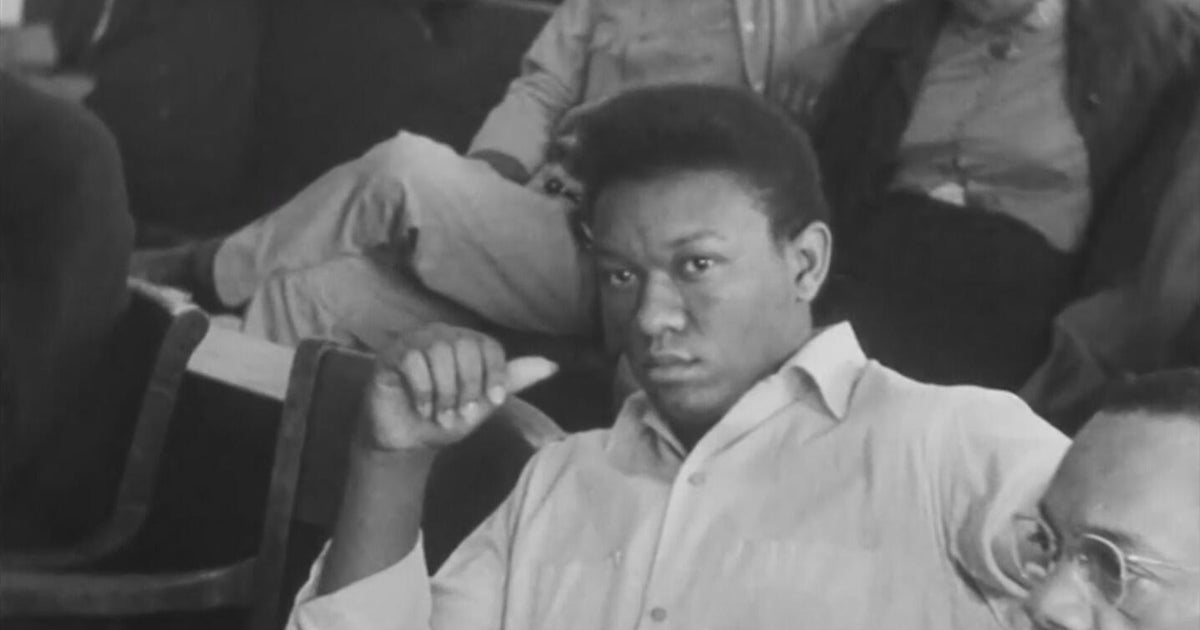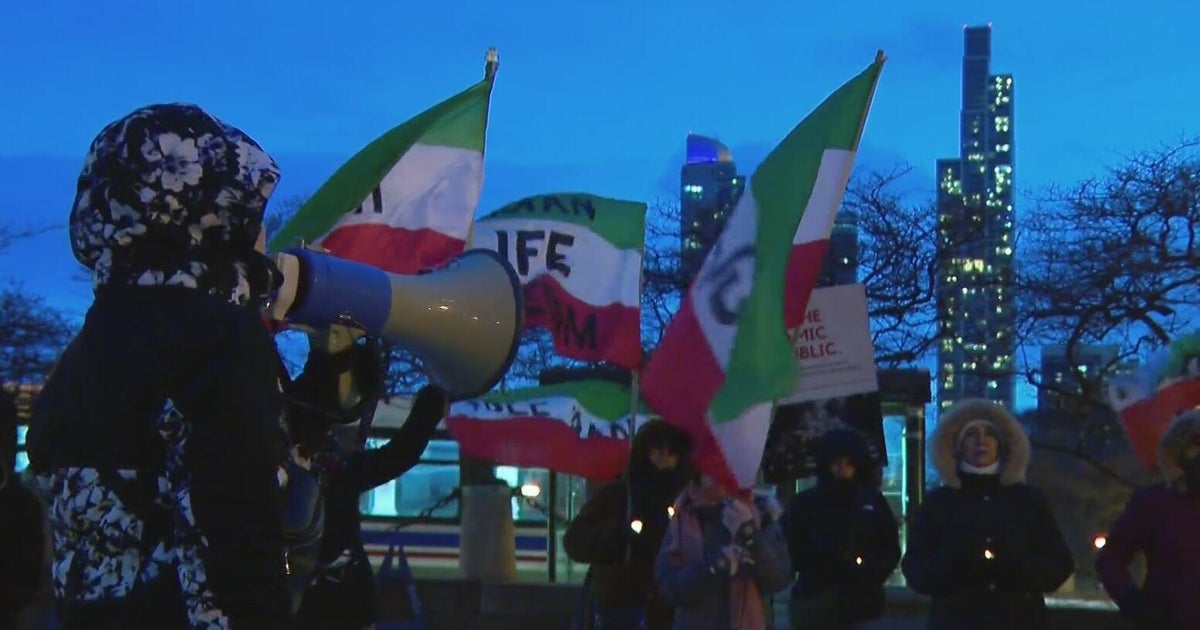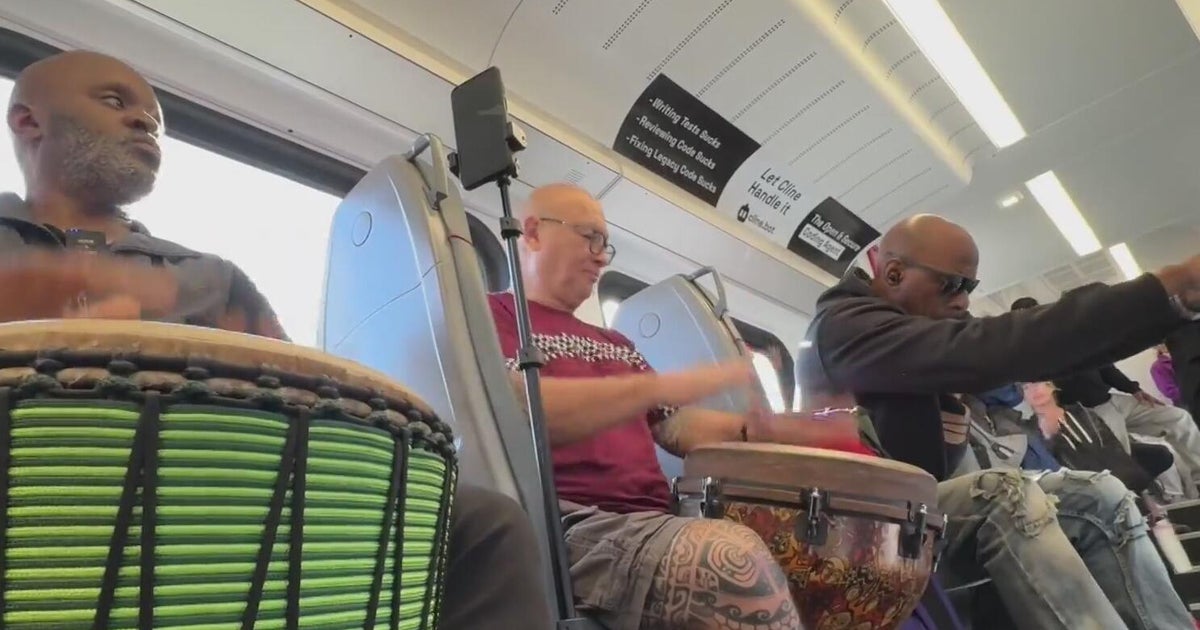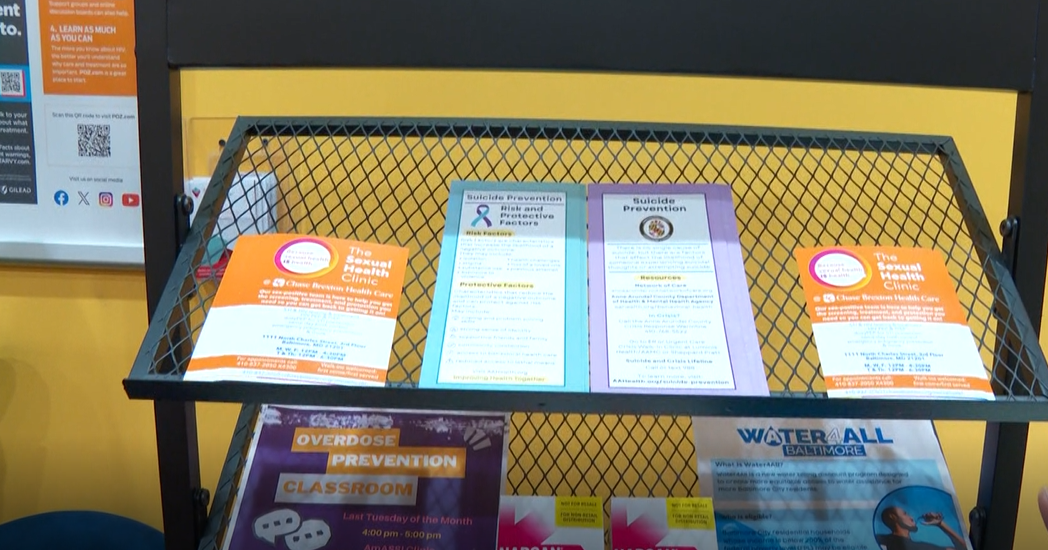Federal Judge Tosses Twitter Lawsuit Against Texas Attorney General
SAN FRANCISCO (BCN) – The highly anticipated First Amendment battle between San Francisco-based Twitter and the attorney general of Texas must wait until another day, according to a ruling Tuesday by the U.S. District Court for the Northern District of California.
The case arose out of Twitter's decision on Jan. 8 -- two days after the Capitol riots -- to suspend, permanently, then-President Donald Trump's Twitter account on the grounds that he violated Twitter's "Glorification of Violence" policy.
Twitter said that several of Trump's tweets incited violence. "Under this policy," Twitter explained, "you can't glorify, celebrate, praise or condone violent crimes, violent events where people were targeted because of their membership in a protected group, or the perpetrators of such acts."
Ken Paxton, the Republican attorney general of Texas, is a former Texas congressman and state senator who has established a reputation as an aggressive conservative litigator.
The Texas AG's office website proclaims, "fighting federal overreach, [Paxton] filed 22 lawsuits against the Obama administration during a two-year stretch, of which six were heard in the U.S. Supreme Court. He's obtained an injunction or other winning ruling in more than 75 percent of the cases he's brought against the federal government."
According to a filing by Twitter, Paxton "is a long-time political ally of Mr. Trump," and when Trump's Twitter account was suspended, Paxton declared that he would "fight Twitter with all I have got."
A few days later, on Jan.13, he sent a "civil investigative demand" or CID to Twitter. The CID demanded that Twitter provide him with extensive information and documentation relating to its content moderation policies.
Twitter believed the investigation was in retaliation for its decision to suspend Trump, and on March 8 preemptively sued Paxton in federal court in San Francisco, asking for an injunction against Paxton's investigation.
Both litigants' cases cloaked themselves in the garb of protecting the right of free speech guaranteed under the U.S. Constitution.
Twitter described itself as a "a global platform for self-expression and communication, with the mission of giving everyone the power to create and share ideas and information instantly."
It said that it has more than 190 million active daily users who "use the platform to connect with others, express ideas, and discover new information."
Twitter says it is a private enterprise and its decisions about what content to include or exclude from its platform are the same kind of editorial decision-making employed by newspapers when determining what stories appear within its pages.
That editorial discretion or "curation" is a core First Amendment protected activity, according to the company.
Nearly fifty years ago, in a case called Miami Herald v. Tornillo, the U.S. Supreme Court considered the constitutionality of a Florida law that required news media to give political figures the right to reply to critical commentary.
The court ruled unanimously that the law was unconstitutional because the government cannot tell private enterprises what content that their paper must omit or include. Government regulation of "editorial control and judgment" cannot be "exercised consistent with First Amendment guarantees of a free press."
In Twitter's view, Paxton's investigation sought to tell it how it should decide what voices to include or exclude and in so doing regulate the content of its platform.
Twitter's position attracted support from a score of "amici curie" or "friends of the court" who were given permission to file briefs in the case to explain their perspectives to the court. Among the amici was the Reporters Committee for Freedom of the Press, a national non-profit organization devoted to protecting press freedoms.
The Reporters Committee's brief began with the proposition that "Any government effort to enforce what it deems viewpoint neutrality on a communications platform carries the temptation to compel platforms to carry speech perceived as favorable to the government ... As such, these efforts pose a profound threat to First Amendment guarantees."
The issue looked very different to Paxton. In his view, Twitter, like other liberal social media platforms, was engaged in a campaign to silence the voices of conservative speakers and thereby deny them their right of free speech.
In a Jan. 9 tweet, Paxton said, "Twitter/Facebook closing conservative accts. Google shutting down Parler. @Apple threatening to do the same. Big Tech Hates free speech."
Paxton went on to accuse Twitter and other platforms of being "the left's Chinese-style thought police."
Paxton's investigation was styled as a way to protect Texas consumers from "deceptive trade practices." His argument was that Twitter was on one hand holding itself out as a platform for people to speak their minds in open debate, but it deceptively had adopted content moderation policies to shut down a particular point of view.
"Even if Twitter has a First Amendment right to choose discriminatory content-moderation policies, the Constitution does not empower it to mislead consumers about those policies."
Paxton also drew support from amici curie, among them Maria Rutenburg, identified in her filing as a real estate broker and an attorney residing in Redwood City.
She said that Twitter engaged in "unconstitutional viewpoint discrimination" because she was blocked from trying to "like and comment on three of Trump's tweets on the subject of "election integrity."
She is the plaintiff in a separate case against Twitter, arguing that Twitter's actions were taken "under color of law" and therefore amounted to governmental action in violation of the First Amendment. (Rutenburg's case was dismissed in April when the court rejected her state actor argument, though she has since asked for a chance to amend her complaint.)
Despite the sharp interest on both sides, the court ducked the central issues in the dispute, ruling that Twitter's suit was "premature."
U.S. District Judge Maxine Chesney focused on the fact that the CID was not "self-executory"--meaning that there was no automatic penalty on Twitter if it chose not to comply. She said that in order for Twitter to be penalized, Paxton would first need to take action in court to enforce the CID. Were he to do so, Twitter would be able to raise its First Amendment claim as a defense in that court.
Twitter argued that the fact that Paxton's investigation was launched in retaliation for its editorial decision to moderate content would chill the exercise of its First Amendment rights and therefore should be blocked even before an enforcement action was commenced.
Chesney disagreed.
In her view, Twitter had not yet suffered any injury because Paxton had no power to sanction it for ignoring the CID. She concluded "Twitter's lawsuit is premature, and, as such, is subject to dismissal."
Chesney, 78, was appointed to the U.S. District Court in 1995 by President Bill Clinton.
While her ruling is unlikely to resolve the underlying controversy, it may change where the fight will be decided. If Twitter must raise its challenge in the court in which Paxton moves to enforce the CID, it may find that it will be litigating its claims deep in the heart of Texas.
© Copyright 2021 CBS Broadcasting Inc. and Bay City News Service. All Rights Reserved. This material may not be published, broadcast, rewritten or redistributed.







